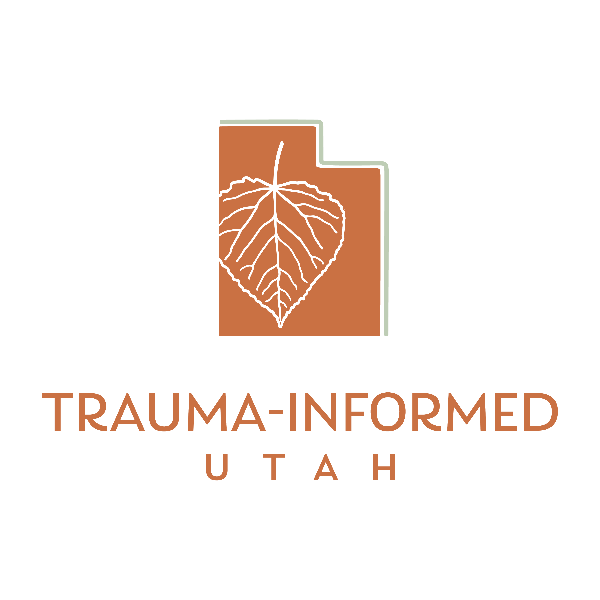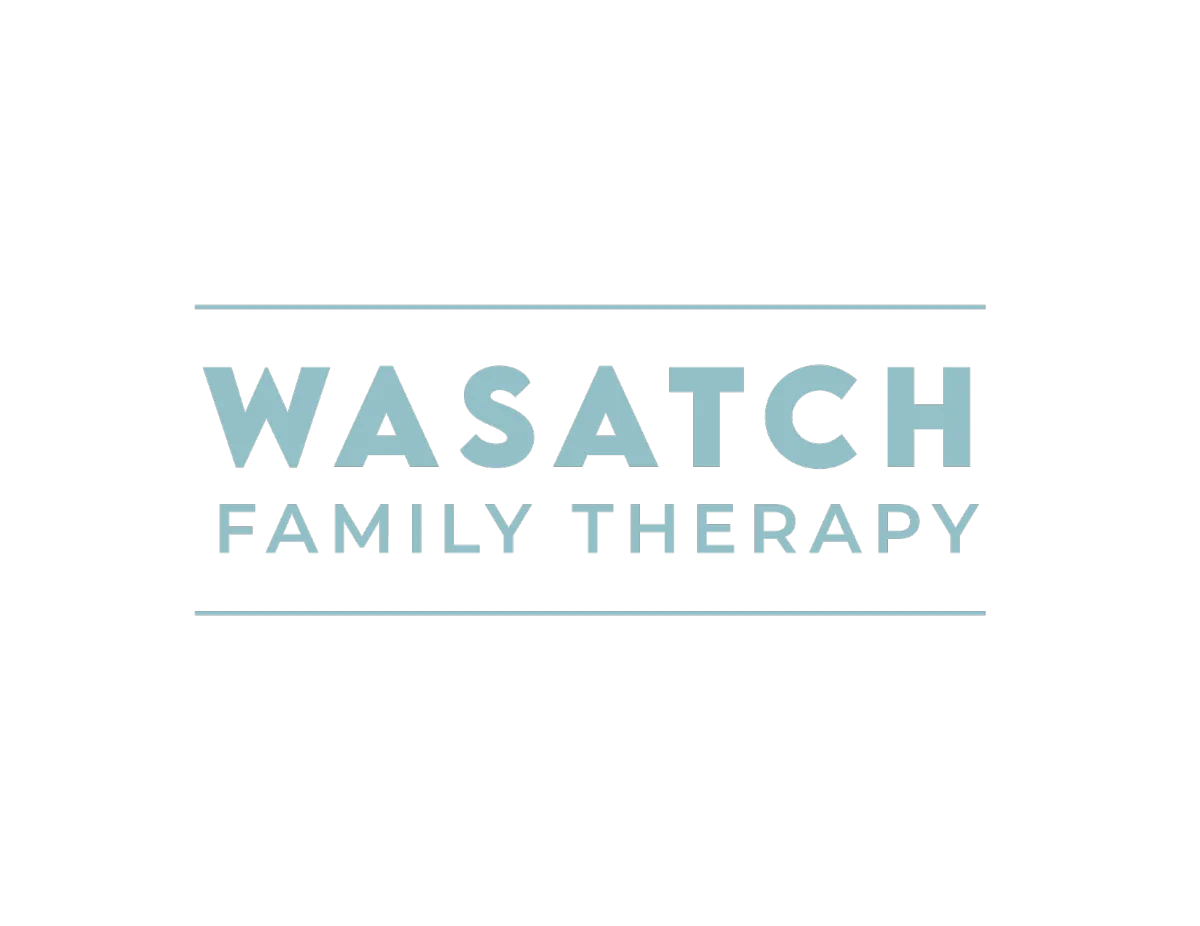Healing Generations in Utah is a GenerationAll initiative focused on reducing the generational impacts of childhood trauma. By addressing ACEs and toxic stress through prevention, early intervention, and trauma-informed care, we’re working to break cycles and build a healthier future for Utah families.
Our partners

What are ACEs?
Adverse Childhood Experiences (ACEs) are stressful or potentially traumatic events that occur before the age of 18 that can increase the risk for significant physical health, mental health and behavioral health consequences later in life. The term comes from the landmark study published by the CDC and Kaiser Permanente and refers to the 10 categories of stressful or traumatic events assessed in the study. What they found was that ACEs are common and their impact on health and development is significant.
How common are ACEs?
ACEs affect all of us. They cross ethnic, socionomic, gender and geographic lines. Research shows that nearly two-thirds of adults have at least one ACE, and many have multiple. The more ACEs a person has, the greater the risk of long-term health and life challenges.
What is toxic stress?
Cumulative adversity - especially during critical and sensitive periods of development, and without sufficient buffering protections of safe, stable, and nurturing relationships and environments - can lead to prolonged activation of the biological stress response. This prolonged activation disrupts brain development, in addition to the body’s hormonal, immune and metabolic systems. This condition is known as the toxic stress response.
Household challenges
Parent mental illness • Parent incarceration • Parent substance abuse • Domestic violence
Abuse
Emotional abuse • Physical abuse • Sexual abuse
Neglect
Emotional neglect • Physical neglect
The impact of toxic stress over generations
Cumulative adversity - especially during critical and sensitive periods of development, and without sufficient buffering protections of safe, stable, and nurturing relationships and environments - can lead to prolonged activation of the biological stress response. This prolonged activation disrupts brain development, in addition to the body’s hormonal, immune and metabolic systems. This condition is known as the toxic stress response.
The statistics
9 out of 10
ACEs are strongly associated with some of the most common and serious health and social conditions facing our society, including 9 of the 10 leading causes of death in the United States, and with earlier mortality.
Heart Disease •
Cancer •
Accidents •
COVID-19 •
Stroke •
Chronic lower respiratory disease •
Alzheimer's Disease •
Diabetes •
Kidney Disease •
Chronic Liver Disease •
Heart Disease • Cancer • Accidents • COVID-19 • Stroke • Chronic lower respiratory disease • Alzheimer's Disease • Diabetes • Kidney Disease • Chronic Liver Disease •
Over 60% of U.S. adults report experiencing Adverse Childhood Experiences.
On an individual level, the economic burden amounts to $88,000 per affected adult annually and $2.4 million over their lifetime.
84.3% of current prescription opioid misuse is associated with experiencing one or more ACE.
What does that mean in Utah?
$98.5 Billion
Is the economic of impact of ACEs annually in Utah.
Utah ranks 3rd highest
For serious mental illness in the US.
Why should Utah be screening for ACEs?
Screening for ACEs in primary care settings enables early identification of individuals at risk, allowing for timely action that may lessen or prevent the development of symptoms long-term.

What are positive childhood experiences?
Positive Childhood Experiences (PCEs) refer to the presence of seven protective experiences and supports that studies have shown to buffer the impact of ACEs and toxic stress. They are:
Felt able to talk to their family about feelings
Felt their family stood by them during difficult times
Enjoyed participating in community traditions
Felt a sense of belonging in high school
Felt supported by friends
Had at least two non-parent adults who took genuine interest in them
Felt safe and protected by an adult in their home
How can communities help?
The effects of toxic stress are treatable and can be mitigated through support systems like having a caring person in our corner, fostering a sense of belonging, and being part of a community that helps buffer us from its negative impacts. However, addressing toxic stress involves more than just support—it requires prevention, early detection, and intervention.
Dive deeper
Our initiative is reliant on comprehensive studies and trusted research. To learn more, we encourage you to explore the resources linked below.
Get involved with
our advocacy efforts
We are working on making an impact specifically in Utah. Sign up to learn more.



























